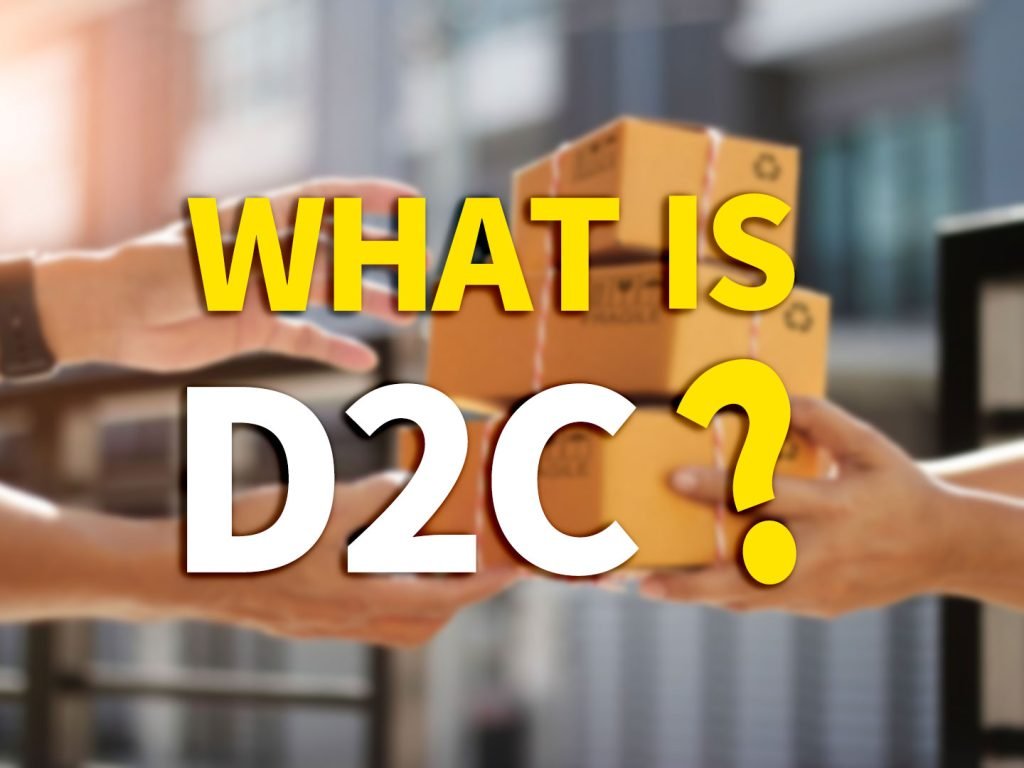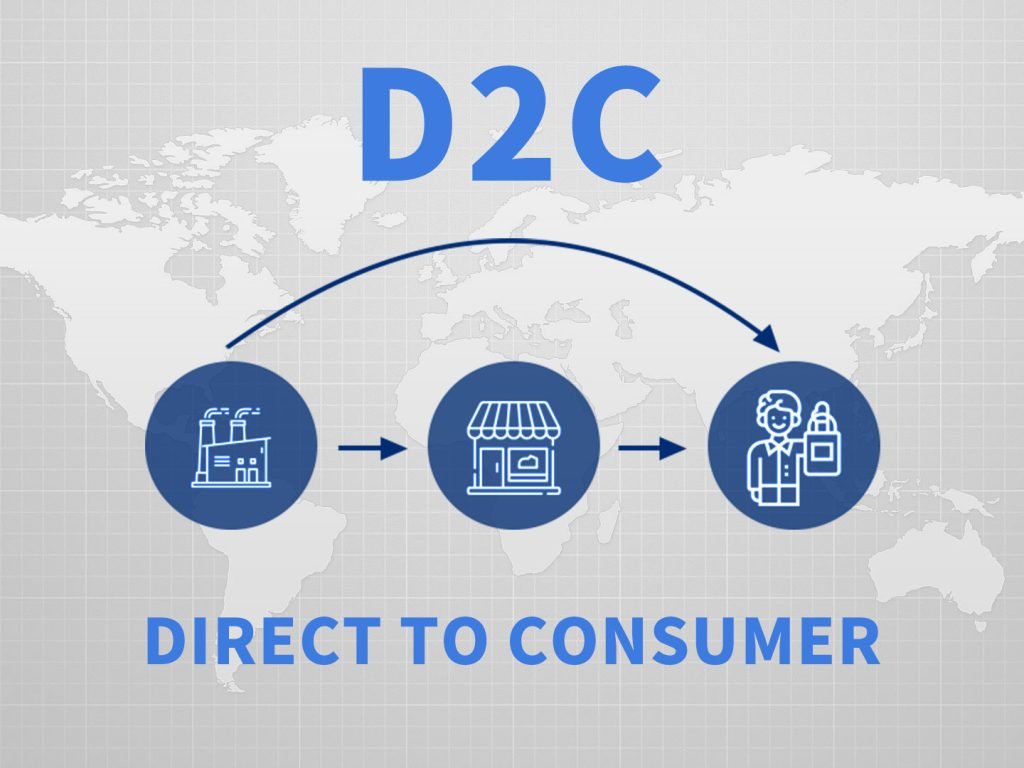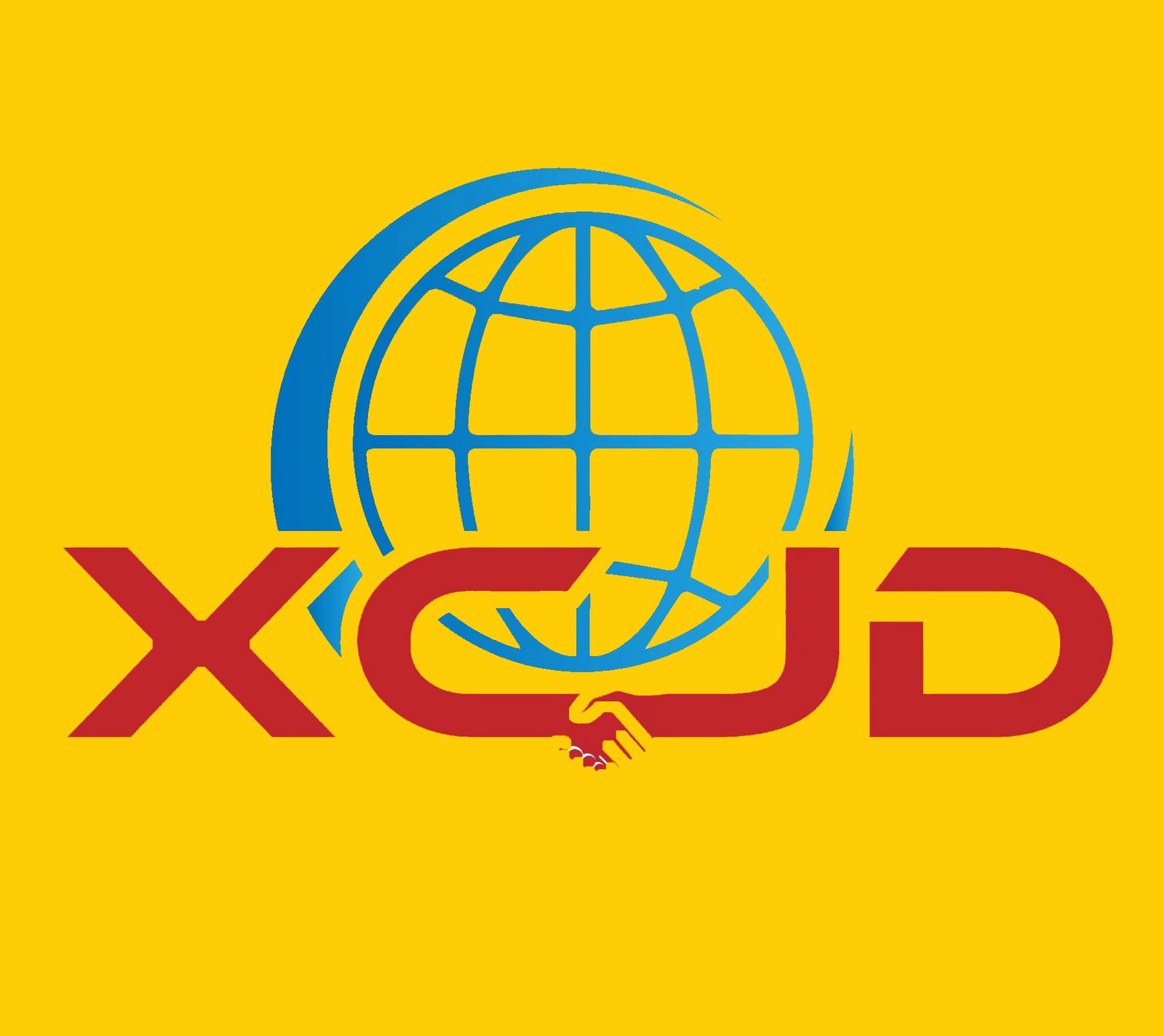Many people have heard of B2B (Business To Business) and B2C (Business To Consumer), but do you know what the D2C model is? In the new normal of online marketing, the D2C model came into being. This article will explain to you what D2C means, explain the benefits of D2C business models, and introduce several D2C brands.

Literally, the meaning of D2C is actually very simple. The full name of D2C is Direct to Consumer, which means directly facing consumers. D2C means that after the merchants develop their own products, they directly send their products to consumers from the official website without going through traditional distributors, platforms or middlemen. Some people think that D2C marketing means throwing a lot of money into marketing, but in fact there is a big difference between the two. Casting net marketing will conduct indiscriminate advertising and pursue the maximization of advertising audiences. In contrast, D2C marketing is a data-driven marketing. D2C brands use artificial intelligence technology to control data, and then formulate a marketing plan for specific customer groups.
The key point of the D2C marketing model is that merchants make good use of the Internet to contact consumers, so as to get rid of their dependence on dealers, and directly grasp consumers’ behavior habits and needs from this process. The D2C marketing model can effectively help merchants provide better and more humanized products or services.
If you still don’t understand the meaning of D2C, then let’s use another angle to interpret this concept. Different from B2B and B2C marketing, D2C marketing will focus on consumers. Merchants collect different user data through various channels, such as user age, user gender, and user preferences, etc., to understand user needs, and then find target customer groups according to user needs. At the same time, the meaning of D2C also includes consumer experience optimization. In the D2C marketing model, merchants usually select effective feedback, analyze customers’ real thoughts, and make adjustments to products and services accordingly. In other words, D2C means that merchants contact customers directly, listen to customers’ thoughts and feelings in real time, and thus learn the essence of the customer base.

Prospects of D2C Marketing Model
Under the new normal, the demand for D2C marketing has also begun to increase. According to data from eMarketer, an e-commerce market research agency, the U.S. e-commerce market in 2020 will increase by 45.5% compared to 2019 under the influence of the epidemic. Among them, the revenue growth rate of D2C brands is expected to increase by 15.9% in 2021, and in In 2023, it will reach a scale of 175 billion US dollars.
Benefits of the D2C business model
(1) The D2C business model can launch multiple products at the same time
Generally speaking, the process of product development is very long, and detailed market analysis and market research must be carried out in the middle. However, the D2C business model, with its real-time consumer data, can shorten the time for consumers to purchase, and at the same time launch a variety of products according to different target consumers.
(2) The D2C business model can achieve a higher repurchase rate
The D2C business model is consumer-centric, it is easier to grasp the psychology of consumers, and it deepens the ecology of brand word-of-mouth marketing, so that it can quickly launch products that suit consumers’ tastes. Therefore, D2C marketing can more effectively retain a group of loyal customers. customer.

D2C brand example (1): Casper
Casper is a D2C brand. The founder of this mattress company found that consumers usually feel that buying a mattress is a very troublesome thing. In addition to the high price, the delivery logistics is not convenient. In order to solve this problem, Casper adopted a new D2C business model, directly delivering Casper mattresses with favorable prices to each consumer’s home. Then, based on the first batch of mattresses, the company collected real feedback from 15,000 customers to continuously improve product performance. The D2C business model has enabled Casper to have a 1.9% market share in its fourth year of existence, surpassing IKEA mattresses with the fifth market share.
D2C brand example (2): P&G
P&G set up its own e-commerce website to sell products, and obtained customer feedback from the website for qualitative data analysis, thereby increasing e-commerce revenue by 50%.
D2C brand example (3): Respire
Respire, a French natural deodorant brand, uses the D2C model to strengthen the relationship between the brand and consumers as a basis, fully considers the needs of consumers, and allows consumers to participate in the product design process. The brand has received 21,000 pre-orders before its launch.
